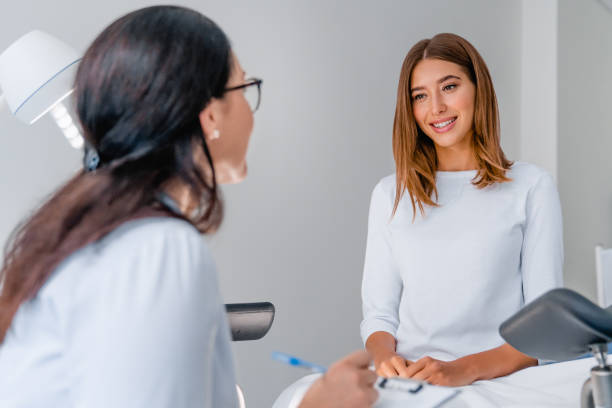Gynaecology is a medical speciality that deals with problems and prevention related to women’s health, in particular the reproductive system. There are many myths and complexes associated with this science, so let’s figure out when to visit a gynaecologist.
Who is a gynaecologist?
A gynaecologist is a specialist in diseases of the female reproductive system who diagnoses, treats and prevents pathologies of the female genital organs.
Gynaecologist treats a variety of diseases related to the female genital organs, the most common of them are:
- Vaginal infections;
- Various types of tumours and cysts;
- Endometritis and vulvitis;
- Various menstrual disorders;
If you are looking for a qualified gynaecologist who can offer the best treatment for your condition, contact a gynecologist in Tricity, they will provide you with a full consultation on all issues.
Be mindful and contact only gynaecologists who are highly competent and experienced in this field, which allows them to provide the best quality of medical care. They must provide you with modern treatment methods and equipment to ensure accurate diagnosis and effective treatment.
What symptoms signal that it’s time to see a specialist?
In addition to regular preventive visits to a gynaecologist, there are symptoms when it is absolutely necessary to see a gynaecologist.
These symptoms are:
- Unpleasant vaginal odour;
- Pain in the lower abdomen;
- Unusual bleeding or bloody discharge after sexual intercourse;
- Vaginal discharge that is different from normal;
- Itching or burning during urination or sexual intercourse;
- Irregular or absent menstrual cycle.
How does a visit to a gynaecologist work and how to prepare for it?
During the first visit, the gynaecologist usually examines the external genitalia, vagina and cervix. The doctor may then recommend additional tests, such as ultrasound, blood and urine tests, smears for infections, and others.
Your preparation for a visit to the gynaecologist depends on the procedure you are going to undergo. The doctor may ask you not to urinate before the appointment, to abstain from sexual intercourse, or to use spermicides to ensure the accuracy of the test results.
Many women struggle visiting gynaecologists because of being uncomfortable but nevermind – if you have any questions or concerns about your visit to the gynaecologist, don’t hesitate to discuss them with your doctor. They will always help you feel more comfortable and confident during your visit.
